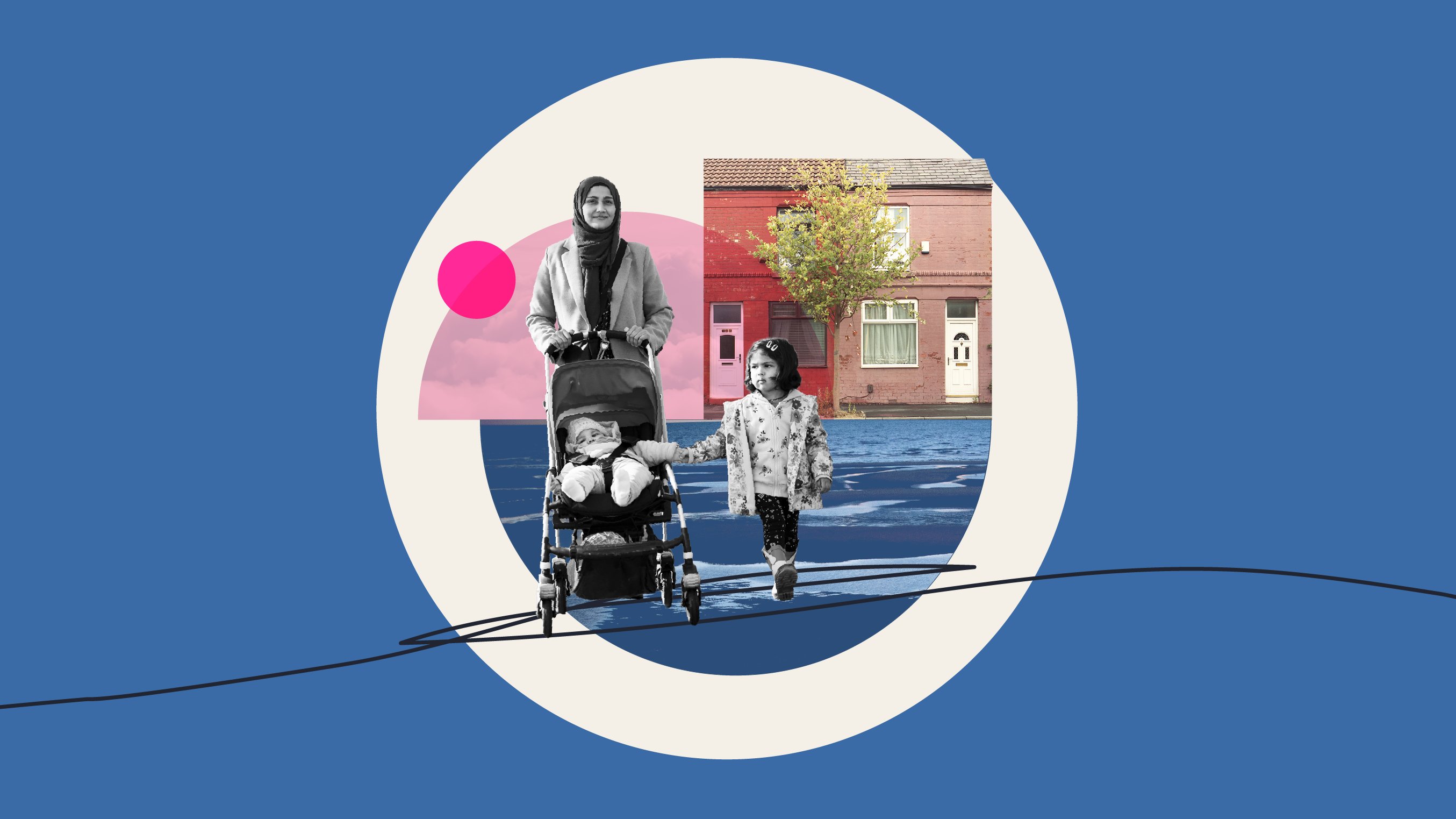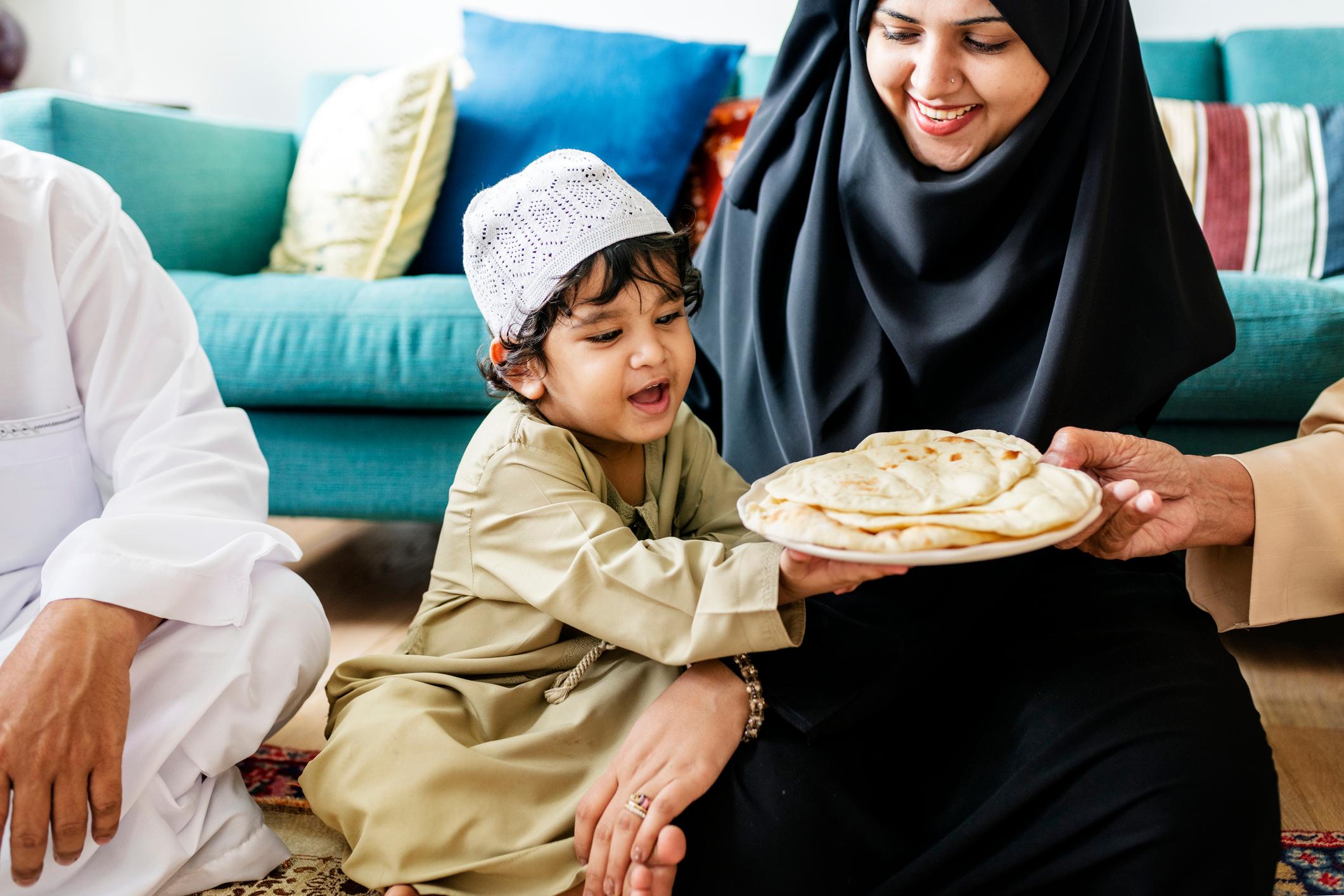UK Poverty 2026: The essential guide to understanding poverty in the UK
This report sets out the nature of poverty in the UK, and evaluates changes under the last Conservative-led Government. It also sets out the scale of action necessary for the current Government to deliver the change it has promised.



